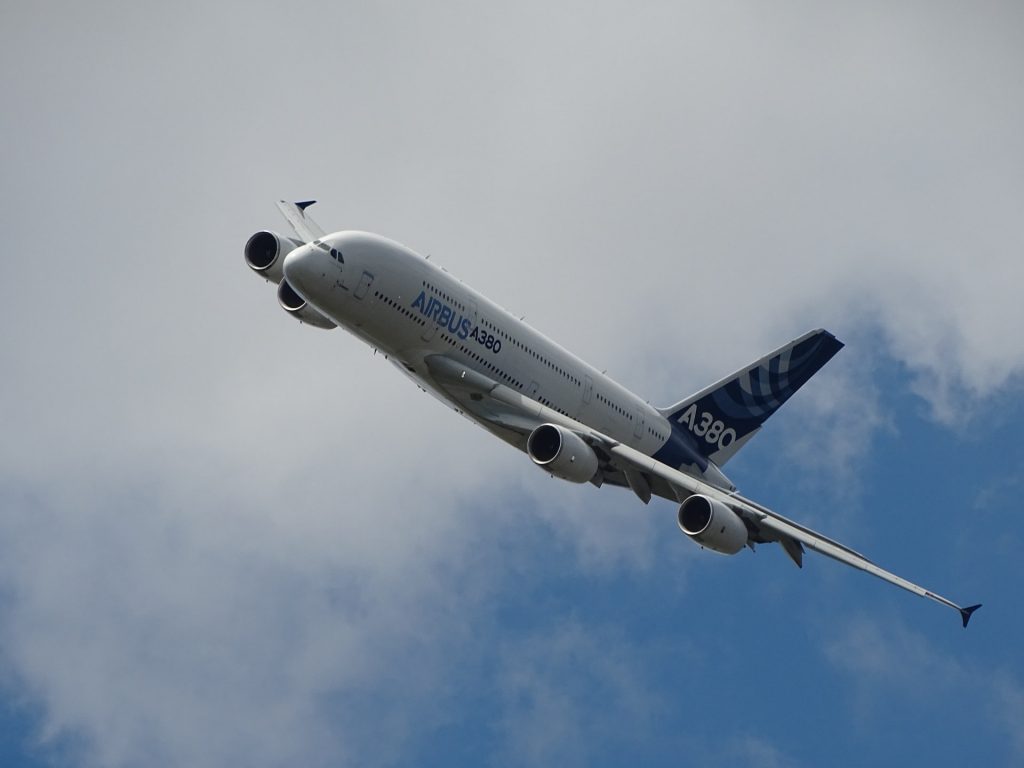Cranfield Aerospace Solutions (CAeS) has announced a deal to supply 10 hydrogen fuel cell conversion kits to German start-up airline Evia Aero in another positive sign for the burgeoning UK hydrogen aerospace sector.
CAeS has been developing its hydrogen propulsion system since 2019 under the name Project Fresson, which has received UK government support covering half of its £18 million funding.
As well as converting the islander aircraft, Project Fresson plans to power a 19-seat commuter airliner with hydrogen power and, ultimately, develop hydrogen airliners that can carry up to 100 passengers.
Having initially tried to produce a hybrid-electric power system, it opted to embrace hydrogen fuel cells with wing-mounted fuel tanks after concluding the hybrid system would not allow it to reach its performance objectives.
The UK is rapidly becoming a global centre for the development of hydrogen aerospace solutions.
In March, California-based Hypoint opened an R&D and production site in Kent to manufacture its air-cooled hydrogen fuel cells, which are being developed specifically for use in aircraft.

This year, Airbus launched its ZEROe demonstrator, through which it will test hydrogen combustion technology on an A380 test plane.
Hypoint customers include British-American aviation company ZeroAvia, which is developing a hydrogen-powered zero-emission powertrain for aviation.
“ZeroAvia is doing most of its R&D activity for our 10-20 seat aircraft in the UK and it’s great to have a leading fuel cell developer such as HyPoint nearby,” Val Miftakhov, founder and CEO of ZeroAvia, said at the Hypoint launch in March.
Major aviation players are also adopting hydrogen. In September 2020, Airbus revealed three ZEROe concept aircraft, all powered by hydrogen, which it stated at the time holds “exceptional promise” as a clean aviation fuel. This year, Airbus launched its ZEROe demonstrator, through which it will test hydrogen combustion technology on an A380 test plane.
European airline easyJet has been a major proponent of hydrogen-powered flight and predicts it will be carrying passengers by the mid-2030s.
In April, the UK government launched the Zero Emission Flight (ZEF) Delivery Group, new steering group that sits under the Jet Zero Council to support the development of zero emission aircraft and airport infrastructure. This week, it announced phase three winners of its Future Flight challenge, which shares £73 million across projects that include the development of hydrogen propulsion systems.
The evidence suggests hydrogen is the future of clean aviation. FlyZero, the UK study into zero-carbon emission commercial air travel, concluded that green hydrogen is the optimum fuel for zero-carbon emission flight and could power a midsize aircraft with 280 passengers from London to San Francisco directly, or from London to Auckland with just one stop.
The economics look good too. In January, U.S. non-profit, the International Council on Clean Transportation, published a study that found green hydrogen would be a cheaper aviation fuel than e-kerosene for trips of up to 3,400 km.
To learn more about Ryze Hydrogen click here.






